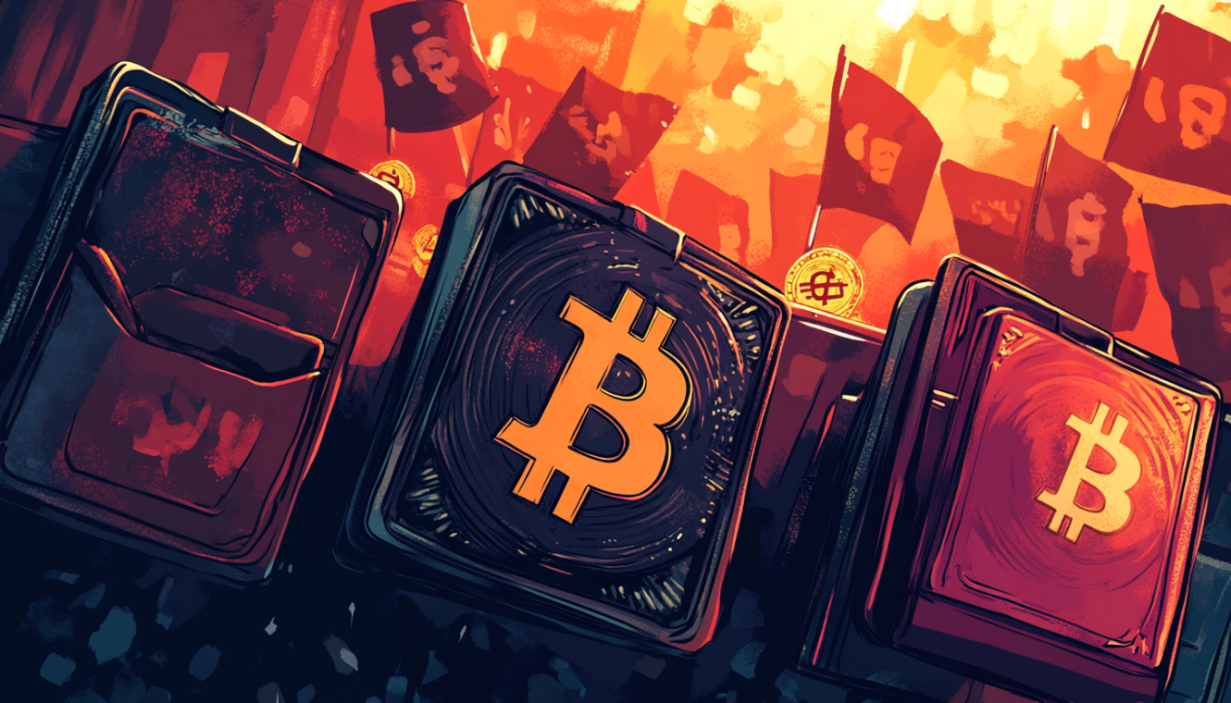Nigerian Protest Crypto Wallets Active Despite Freeze Order
By TH3FUS3 Editorial Staff
August 16, 2024 04:00 AM
Reading time: 2 minutes, 39 seconds
TL;DR Cryptocurrency wallets allegedly connected to #EndBadGovernance protesters in Nigeria are reportedly active despite a court order to freeze them. Judge Emeka Nwite ordered the wallets frozen because they hold over $37M. Investigations reveal discrepancies between court documents and blockchain data.

Cryptocurrency wallets allegedly connected to #EndBadGovernance protesters in Nigeria are reportedly active and performing transactions despite a court order to freeze them.
According to a recent report by local news outlet Premium Times, the wallets contained over $37 million and were ordered to be frozen by Judge Emeka Nwite on July 9.
However, an investigation by Techpoint Africa identified discrepancies between court documents and blockchain data, indicating these wallets may still need to be entirely restricted.
Discrepancies in Wallet Balances
For example, the investigation found a wallet listed in court records as holding $967, which later showed a balance of $172. Another wallet cited as containing $443,512 displayed a balance of $233,574.
This wallet, reportedly linked to the crypto exchange KuCoin, continues to process transactions, including a recent transfer of $50,000 to an unidentified wallet.
Slava Demchuk, CEO of blockchain forensics and compliance firm AMLBot, explained that in the case of activist groups, "the funds are being raised via crypto to maintain the anonymity of the senders."
He pointed out. However, open-source intelligence tools can often help "identify these wallet addresses from such campaign pages and then monitor where the funds came from and where they are being sent to."
Involvement of Crypto Exchanges
The involvement of exchanges like KuCoin and MEXC complicates things. While wallet owners' identities remain undisclosed, these exchanges may have been compelled to share account information with Nigerian authorities.
A crypto forensics expert told Techpoint Africa that the government can request support from exchanges during investigations, but exchanges often decline requests that they deem unnecessary.
The Economic and Financial Crimes Commission (EFCC), which requested the wallet freeze, cited investigations into money laundering and terrorism financing. However, sources quoted by Premium Times say the targets may be organizers of the #EndBadGovernance protests.
Protests and Economic Reforms
The nationwide #EndBadGovernance protests in Nigeria are in response to the country's economic crisis.
Thousands of people took to the streets across the country to protest against inflation, which they say resulted from President Bola Tinubu's economic reforms. These reforms included ending fuel subsidies and devaluing the local currency, the naira.
The protests, which began peacefully but turned violent in some areas, resulted in multiple casualties and arrests. Demonstrators called for policy changes and expressed frustration with the government's handling of the economic situation.
Challenges of Enforcing Crypto Freezes
The discrepancies in wallet balances and continued transaction activity raise questions about the enforceability of court-ordered freezes on cryptocurrency assets.
The global, decentralized nature of blockchain networks presents challenges for attempts at control by individual jurisdictions.
Demchuk pointed out that since the introduction of centralized stablecoins with a freeze function in their smart contract, "non-custodial wallets can only be frozen via Tether (USDT) and Circle (USDC)." At the same time, most holdings cannot be externally controlled.
He explained that the firms behind those stablecoins "work actively and willingly with law enforcement agencies to identify and freeze wallets involved in malicious activities."
Historical Context
Premium Times noted that the scenario bears similarities to events during the 2020 #ENDSARS protests against police brutality.
At the time, the Nigerian government blocked bank accounts associated with demonstrators, leading many to use cryptocurrencies as an alternative funding method.



